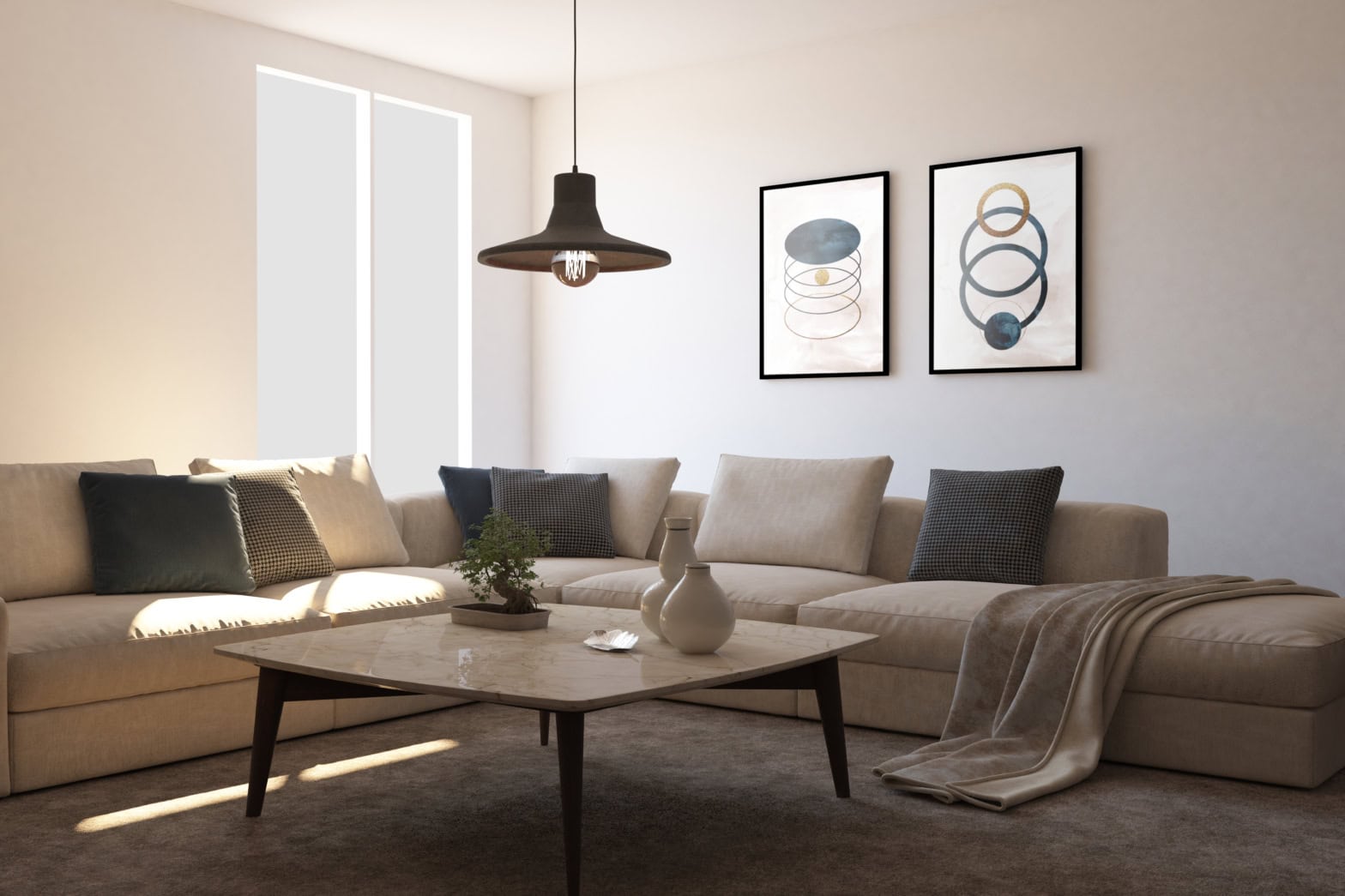Before we begin, we want to clarify that this article presents a very brief overview of real estate taxes and your specific circumstance may differ. Please get help from a licensed accountant if you have other tax questions. This article should not be considered tax advice, and is intended for educational purposes only.
How do real estate taxes work in Canada?
When dealing with real estate, whether buying, selling, or renting a property, there are almost always taxes to be paid by someone. What those taxes are and who they’re paid by will depend on the type of transaction. A key term to know for this article is “principal residence”. If you buy a home to live in it is considered your principal residence, and as long as you continue to designate it as your principal residence, you won’t need to pay capital gains tax when you sell your home. For more information on what specifically qualifies as your principal residence, refer to the CRA website.
It goes without saying, you can only have one principal residence.
How do real estate investment taxes work?
In Canada the key factor in real estate taxes for a real estate investor is determining whether you are generating income from the sale of the home, or from generating rental income. If you are in the business of buying and selling homes to profit from the appreciation of the home value, you will likely need to file all of the profits from the sale as business income, and pay income tax on that amount according to your tax brackets. If you purchased property to generate rental income however, the profit from the sale of the property would be considered a capital gain and subject to the capital gains inclusion rate which is 50%.
Do I need to pay tax when I sell a property?
How much tax you need to pay when selling a property depends on whether that property was your principal residence or an investment property. If the home was your principal residence, you do not have to pay capital gains (or income) tax on the proceeds of the sale, as long as you report the sale of your principal residence on your tax return. If the property wasn’t your principal residence, you will need to pay tax on the sale. If the property was used to generate rental income, and you’ve owned it for a number of years, you will pay capital gains tax on the profit from the sale. The capital gains inclusion rate in Canada is 50% which means 50% of the profit from the sale of the property will become taxable income.
You can read more about capital gains tax here.
If you are in the business of buying and selling homes to capitalize on their appreciation however, you may need to pay income tax on the profit of the sale. In this case 100% of the profit would be considered taxable income.
Do I need to pay tax when I buy a property?
When buying a property, there are two types of taxes to keep in mind. The first is property tax, which you are probably familiar with. If you’re wondering how to pay property tax when you buy a home from someone, then all the information you need is here. The other tax that needs to be paid when buying a property, is land transfer tax. The land transfer tax is paid by the buyer to the provincial government, and is usually one of the largest closing costs when buying a home. You can calculate your land transfer tax here.
Is rental income taxable?
If you bought a property as an investment and are renting it out, you will need to report the rental income on your tax return. Rental income is taxed under your usual income tax brackets. Fortunately, many expenses can be deducted from rental income to lessen the amount of taxes you will have to pay.
What can I deduct from rental income?
The Canada Revenue Agency has clearly defined what rental property expenses can and cannot be deducted from rental income on this page. The most relevant expenses to note are property taxes, property management fees, maintenance, utilities, and interest payments. What this means is most expenses you pay for your rental property can be deducted except the principal payments on the mortgage and the downpayment. In other words payments made towards your equity in the property are not deductible, but pretty much every other expense involved in purchasing and maintaining the property are.
 Alex
Alex






